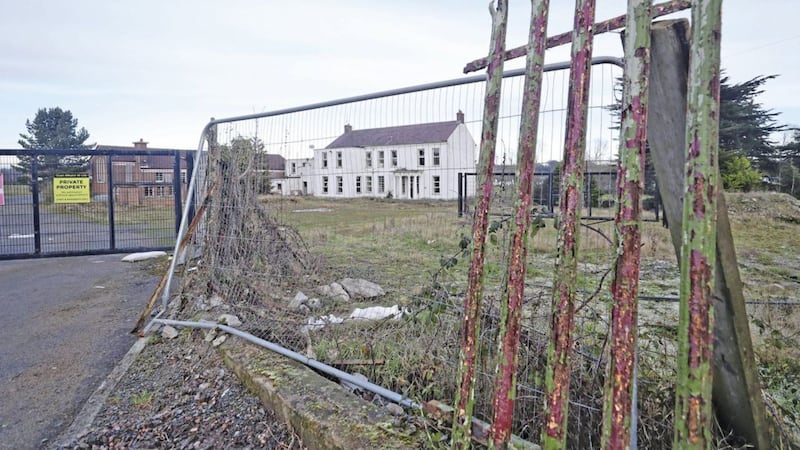Sometimes an apology is never enough. So it should never be allowed to be enough.
Hand-wringing statements, released to the media after they've been drafted and redrafted, and couched in the very cautious we-have-to-be-seen-to say-something language which box-tickingly carefully acknowledges pain, asks for forgiveness and promises to cooperate with ongoing investigations, are never enough, either. And they're never enough, because they're usually accompanied by an unwritten, unspoken desire to have the problem kicked down the road so that everything can simply be buried in another report.
I was adopted when I was six, after two years in an orphanage. Those first six years of my life are a blank. I have no memories whatsoever. But I do know that I was rebuilt by my adoptive parents and given the love, confidence, support and sense of security that put me on the path to where I am today. But since I was six I have been shadowed by depression - the Mr D I wrote about in a column last May.
Nightmares are frequent - even after 60 years. I still wake up now and again and, for a few seconds - which seem like forever while it's happening - don't know where I am. I'm enveloped in fear and seeing life through the mind of that mute, terrified, pre-adoption, six-year-old. Even though I've managed to lock down the trauma of my early years, and even though I've learned to keep the depression under control most of the time, a deep-rooted fear has never left me.
This is from an Irish News editorial (Victims must be heard) on January 27, about the report on Mother and Baby Homes:
``This is a landmark report that has dragged into the light the largely hidden and little known world that existed behind the forbidding walls of these institutions. It found that 10,500 women went through the mother and baby homes and 3000 were sent to Magdalene laundries between 1922 and 1990. The youngest was aged just 12 while a number of those admitted were victims of sexual crime, including rape and incest.
Many babies were put up for adoption with some sent first to mother and baby homes in the Republic before ending up in Britain and the United States. The report is full of distressing details about the trauma experienced by so many women. It's hard to imagine in this day and age that such places existed or that such callous, unkind and judgmental behaviour prevailed throughout decades.''
I wasn't in one of these homes, but two figures in particular stand out: 10,500 and 1990. While many of the women may have since died, it still leaves an awful lot of them carrying an enormous burden of daily grief. And that sort of grief never goes away. There's rarely a week goes by when I don't think about my birth mother, so I can't even begin to imagine what it was like for mothers to have their baby taken from them.
1990 still strikes me as part of 'this day and age.' It's only 30 years ago: which means some of these homes were still open eight years before my eldest daughter was born. That's extraordinary: extraordinary that the scale and nature of the abuse and cruelty outlined in this report was happening for half of my lifetime.
The story of these Mother and Baby Homes isn't just the story of abuse. It isn't just the story of how the state, in its social services, charitable and church manifestations, betrayed people when they most needed to be helped and loved. It isn't just the story of how all of this was allowed to continue against what sometimes sounds like a conspiracy of silence. It isn't in fact just a handful of stories.
It is tens of thousands of stories. Of each woman and girl who was betrayed on so many levels and made to feel - as is nearly always the case with those who have been serially abused - that they were at fault. Not decent. Not good. Not fit to be a mother. Not recognised as someone who needed consolation rather than condemnation.
It's also the individual stories of the children who were taken from them: some who never got the chance to meet them and now carry their own grief about the misery their mothers endured. Imagine how those children feel right now? Just try and put yourself in the shoes of the mother and the children.
And that's why an apology is never enough: why it can never be enough. Why it should never be allowed to be enough. Because this is also the individual stories of the people who inflicted the misery and betrayed the trust.








